How Your Nervous System Impacts Goal Setting and Your Ability to Hit Higher Targets
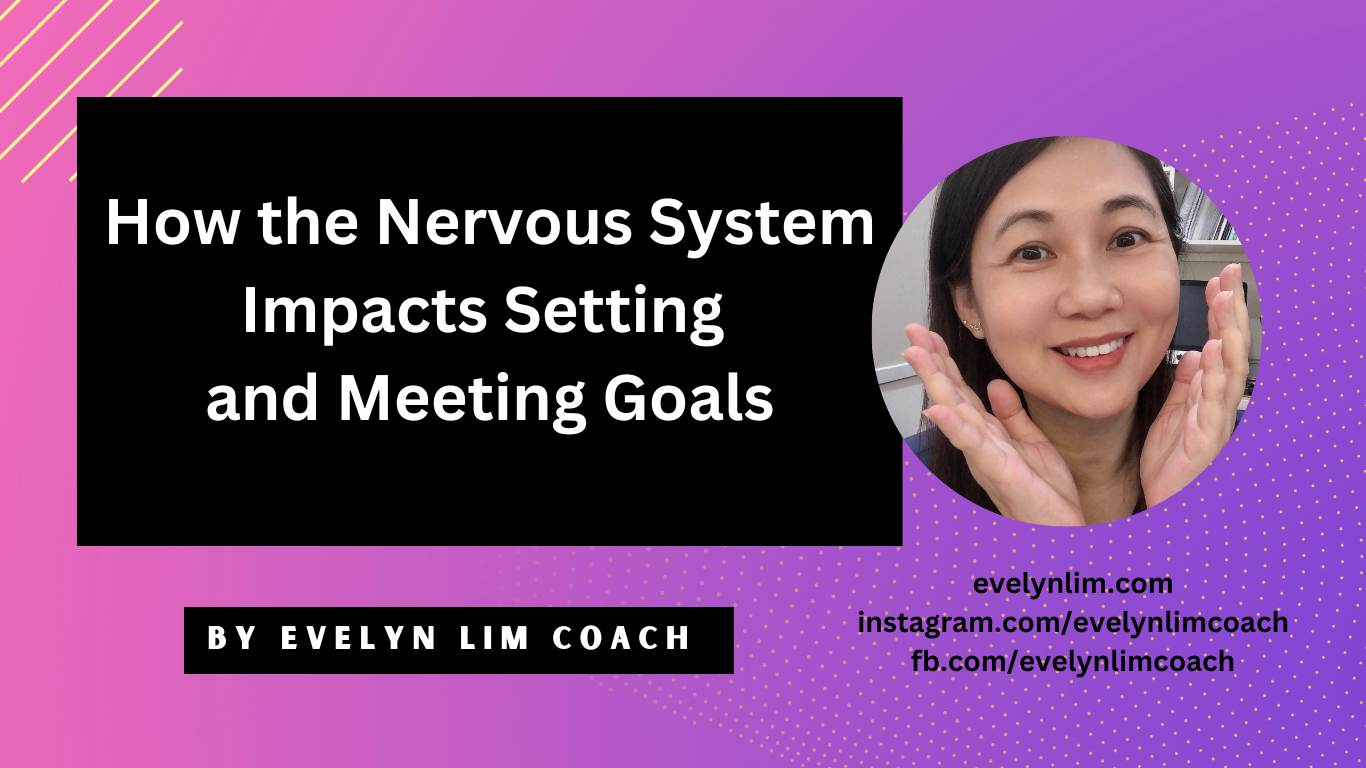
You are all ready to start the new year with a new set of goals.
Perhaps you are thinking that this year is going to be different.
It will be the year where you manage to break new ground, step up or scale your business.
You are more determined than ever to meet your goals.
Well, to increase your chances of success, an understanding about your nervous system is going to help.
In fact, if you have not made much headway in previous years, this could be the ONE thing that you are missing in that explains your lack of success.
It’s not just about your mindset.
Or about changing your beliefs.
Rather, it’s about how your nervous system works.
How the “Poor Me” Syndrome Is Synonymous with Poverty Consciousness
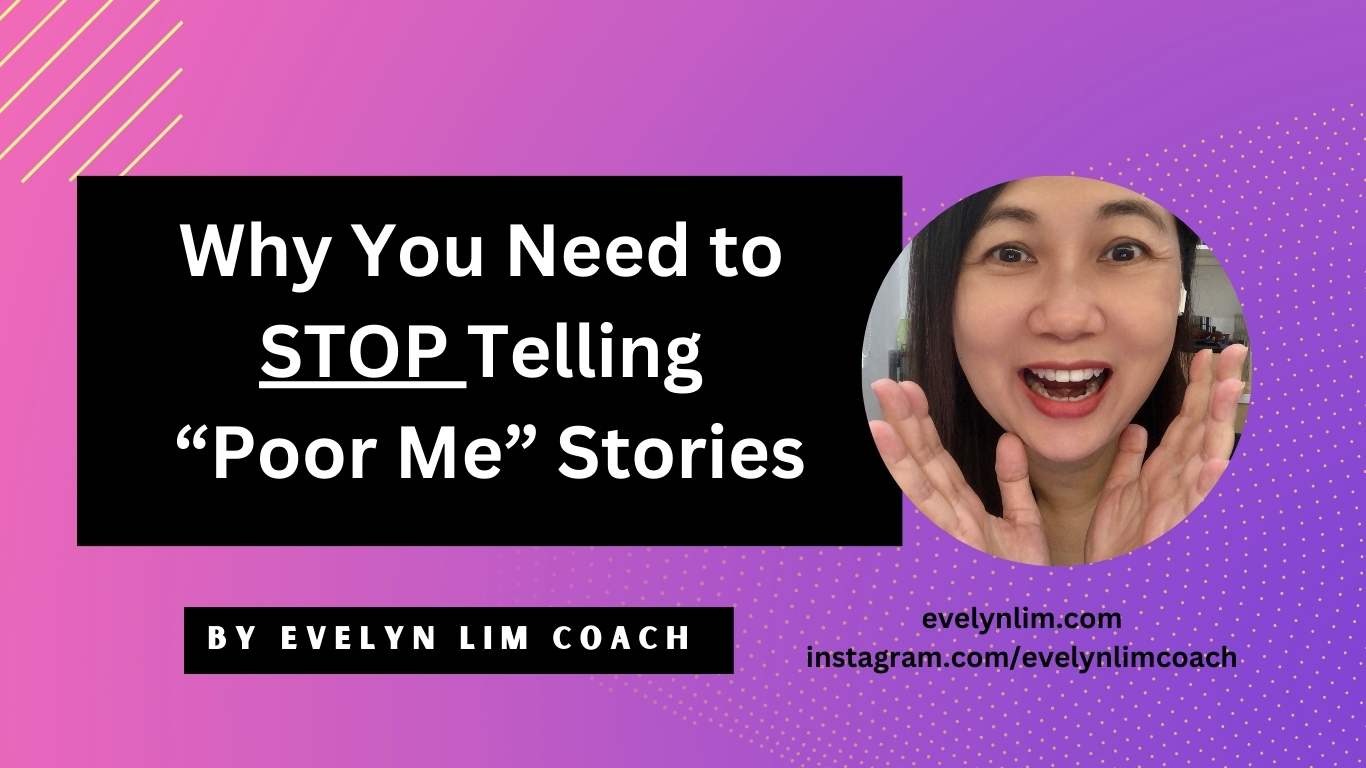
For your awareness, to constantly think “poor me” is to operate in poverty consciousness.
Do you go over “poor me”, “poor me” and “poor me” in your mind?
You could also be repeating the same thing to the people that you meet too.
“Poor me” is akin to having a victim mentality. You are in self-pity. A “poor me” syndrome arises especially when you are constantly pointing blame outwards. It could be the fault of your grandmother, father, the government, the economy and so on. It is always the fault of someone or something else except yours.
[Side-note] This post is updated as the content is still relevant today.
Continue reading
How to Harness the Power of the Mind for Manifesting Success
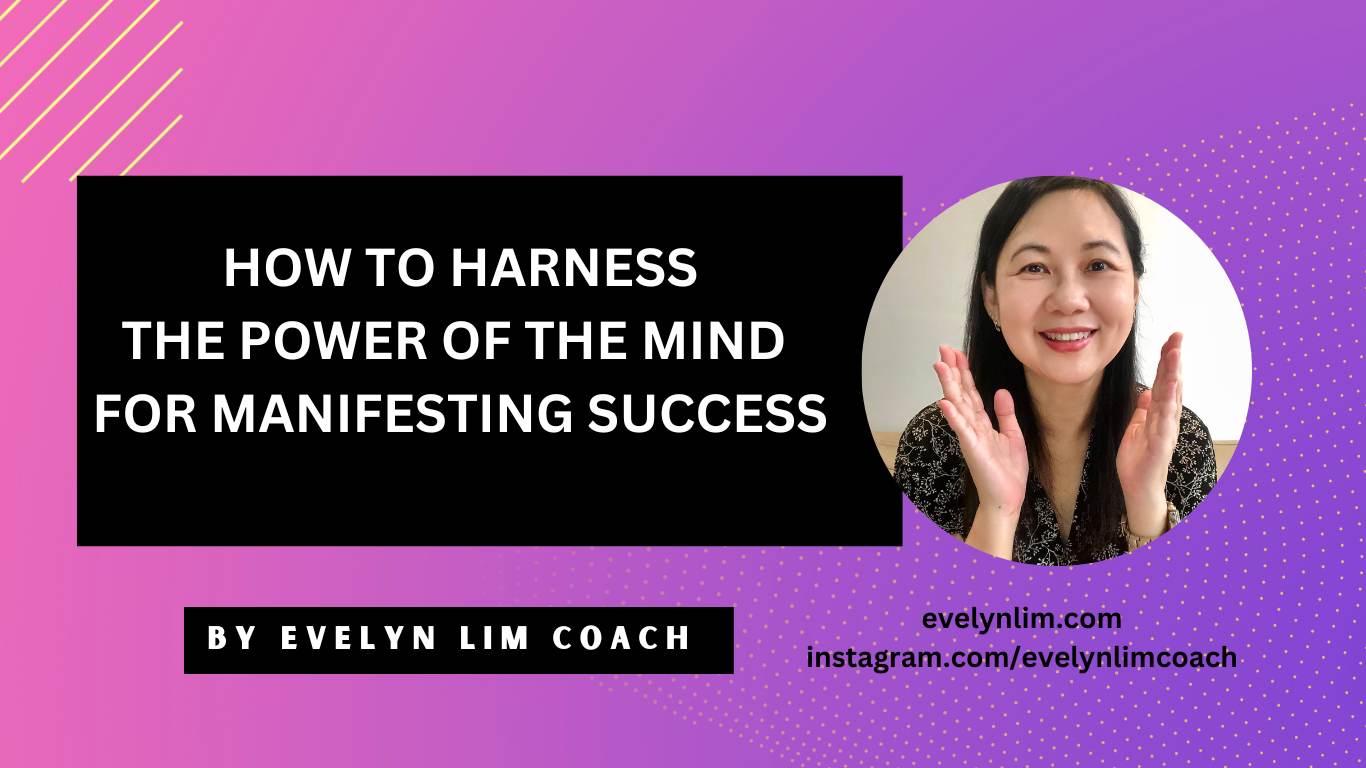
We may have come across the idea about harnessing the power of the mind. Yet, not many of us utilise it fully for manifesting what we want. More often than not, we use the mind for cognitive tasks like problem-solving and decision-making, relegating its extraordinary potential to the background.
It’s important to recognise that we are constantly in the process of manifesting. Our thoughts play a significant role in shaping the world we live in. If we focus our mind on negative thoughts, it is more likely that we bring about a negative outcome. On the contrary, if we think more positively about ourselves, our life and about the world, we are more likely to manifest a positive set of results.
Continue readingHow Trauma is Not Just in Your Head or Mind
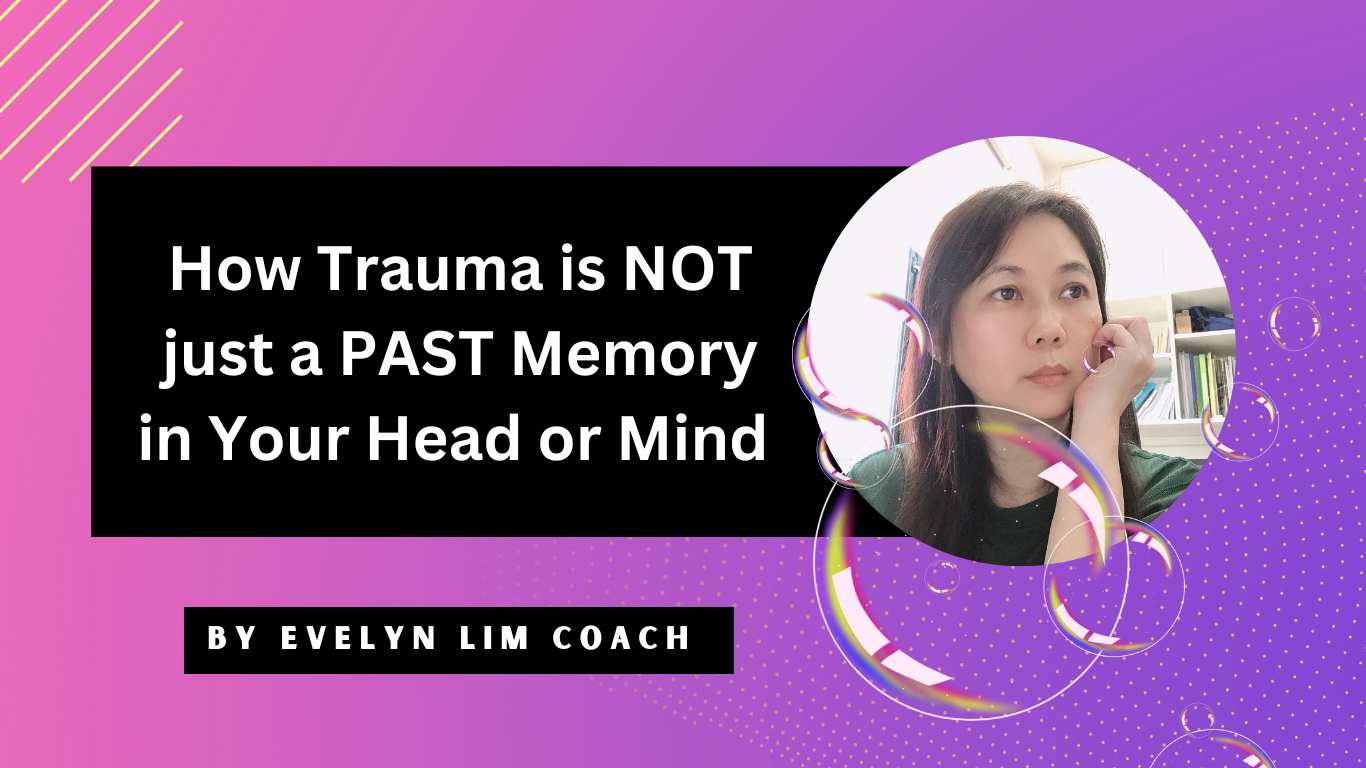
What I found out about trauma is this: Trauma isn’t something that is just in your head or mind. It’s not just a past memory.
In fact, it is stored in the habitual reflexive state of your nervous system. It is in your heart, head, your stomach, arms, legs..all the sensory information that got coded. They manifest in an overreactive response to stress today: racing heart, shallow breathing, nausea, indigestion, trembling hands, blurred vision, etc.
For trauma recovery, it helps to remember: not just your head or mind, every part of your body was there in the past.
What Are Glimmers and How You Can Find Them
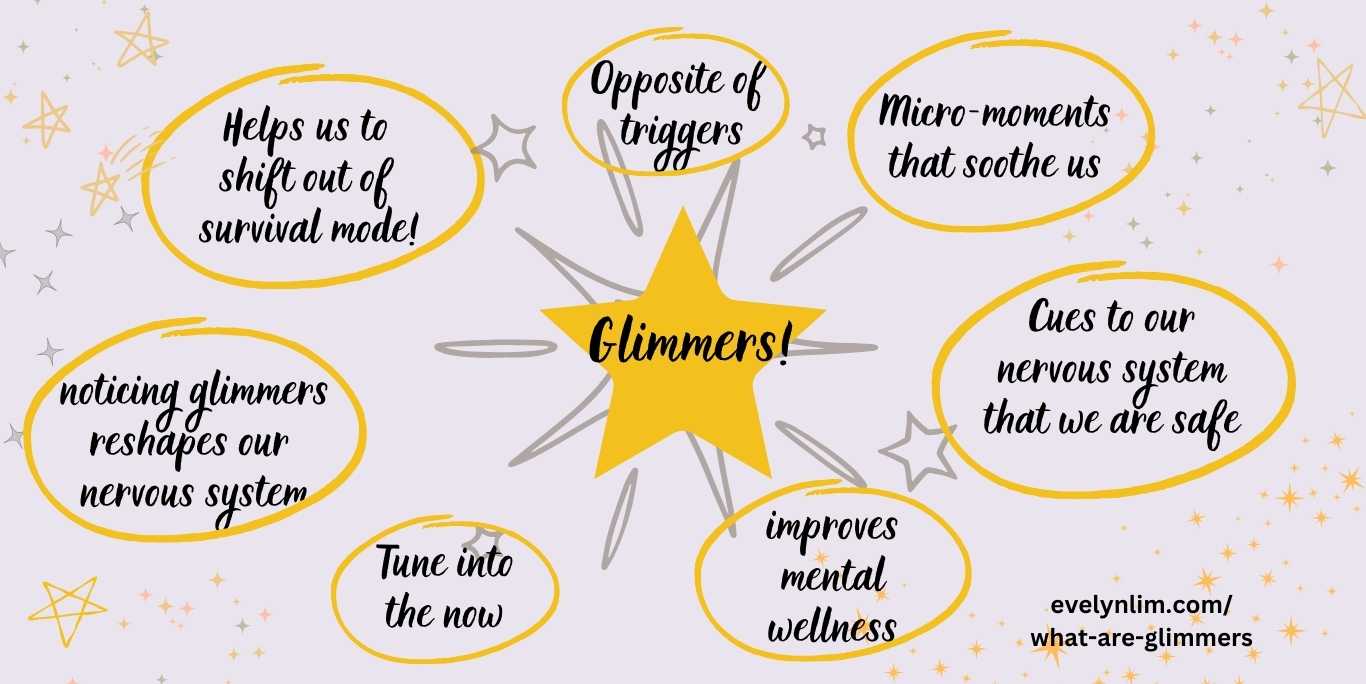
Glimmers are the opposite of triggers.
Glimmers are moments that act as cues for self-regulation and for soothing our nervous system. They are tiny moments where we feel relaxed, safe, assured and connected. In contrast triggers cause us to feel threatened. When we are triggered badly, our fight-flight-freeze response can get excessively activated and our nervous system becomes deregulated.
The concept of glimmers first came from Polyvagal theory. The theory was introduced by Stephen Porges in 1995 where we learn about how our autonomic nervous system is constantly on the lookout for cues to determine if they are dangerous. “Glimmers” is coined by Deb Dana, a licensed clinical social worker who specialises in complex trauma and also the author of The Polyvagal Therory in Therapy, as a way to help us shift out of survival mode.
Continue reading
Stop Shaming Your Body For Gaining Self-Acceptance
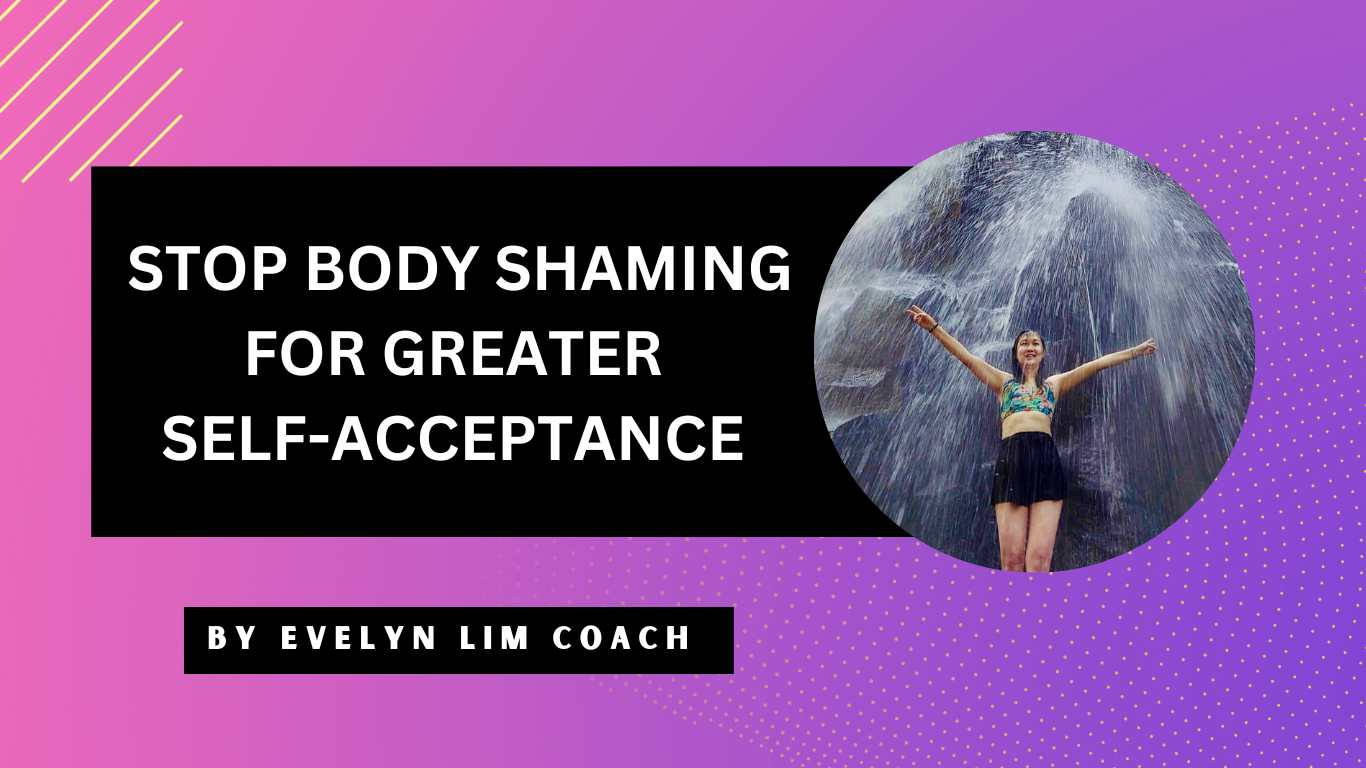
If you are in the habit of shaming your own body, stop.
Shaming your own body because of your physical imperfections can cause you to feel lousy about yourself.
Perhaps you don’t like the way your nose looks, the slant of your eyes, the shape of your face, your freckles, boob size, etc…and the list goes on.
While it may be true that they are not perfect according to some beauty standards, shaming yourself over them is not going to be helpful for your confidence. Continue reading
What Are The Emotions Connected to The Digestive System
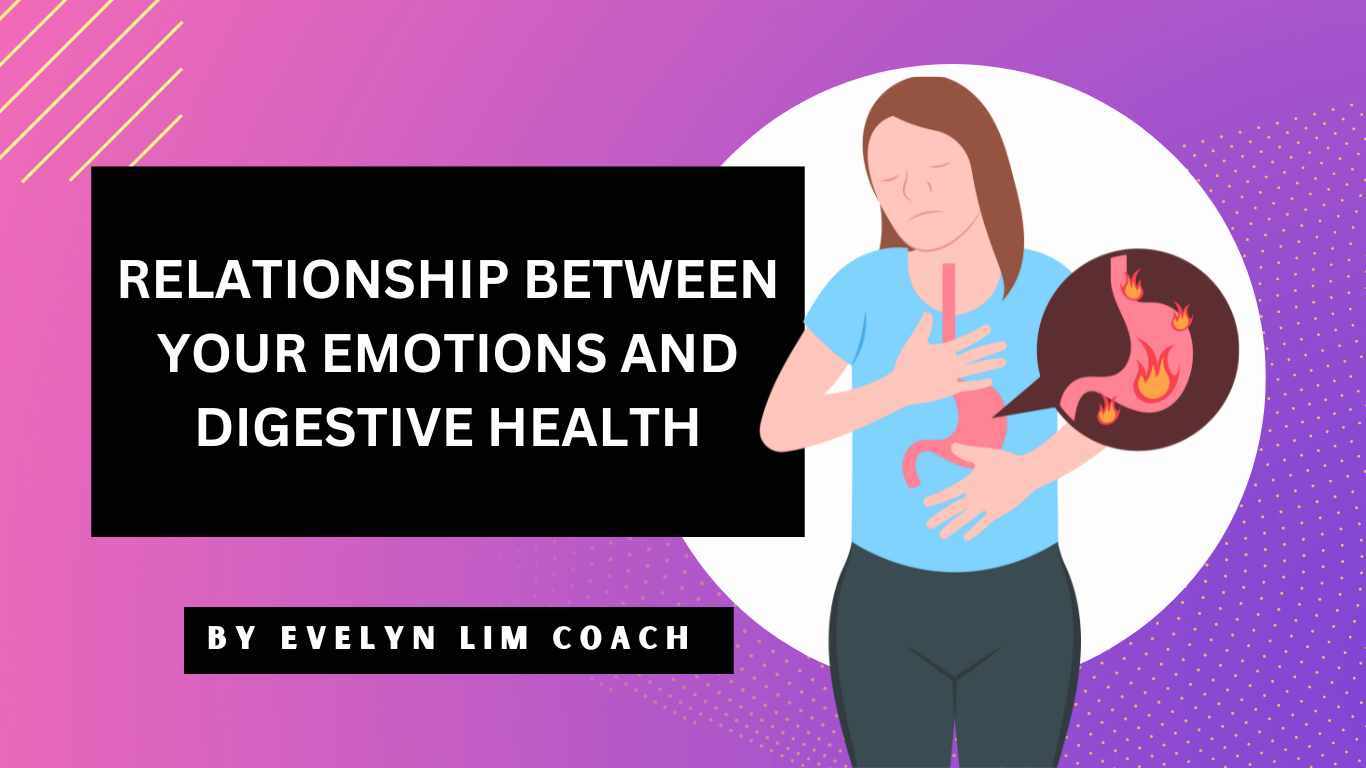
The digestive system is often linked to emotional stress. When you are stressed, the disruptions affect your gut. You can get anything from nausea, heartburn, constipation or irritable bowel syndrome.
I’d like to share a client case that I have worked on about how emotions are connected to the digestive system.
Valarie (not her real name) had been experiencing stomach and digestive issues for years. Even though she had seen doctors, taken medication and changed her diet, her symptoms still remained. From feeling depleted, Valerie was aware that her energy system needed some rebalancing work. It was when she approached me for help.
How to Heal Your Childhood Wounds When You Can’t Turn Back the Clock
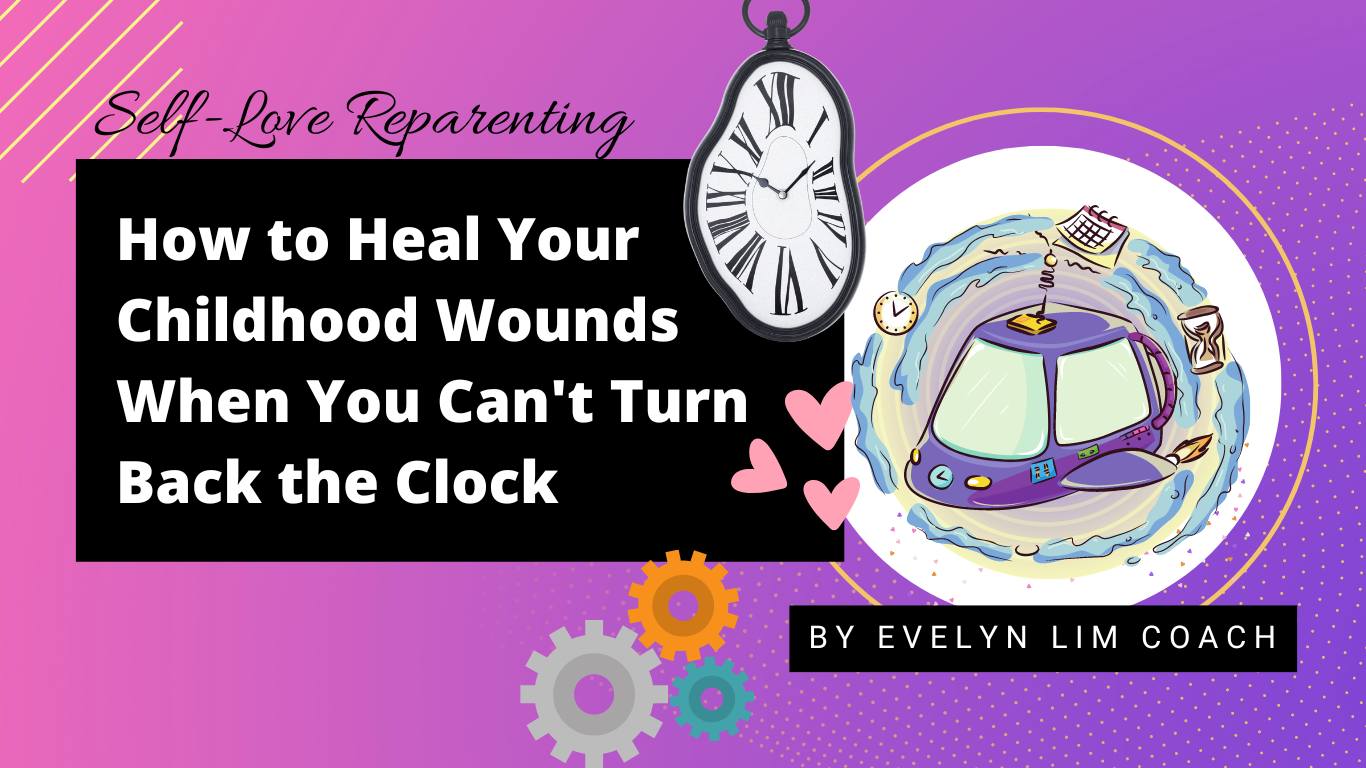
Some of us may be resistant to the idea of having to heal childhood wounds. That is because we don’t like having to revisit the past in our memory. We fear that we would relive the pain and that we would traumatise ourselves all over again.
Even more so, we wish that the past did not happen. For sure, if not for the past, we would have suffered less all these years and we wouldn’t have felt so lost, alone and confused. More importantly, we wouldn’t be unconsciously having an inner child that is bent on sabotaging our present.
Perhaps, just like how movies portray, we dearly wish that there can be a time machine that can take us back. We would like to have the power to change things right from the start, instead of having to do repair or healing work. If we can change history, a time machine would certainly help.
Self-Love Practice eBook is Now Live
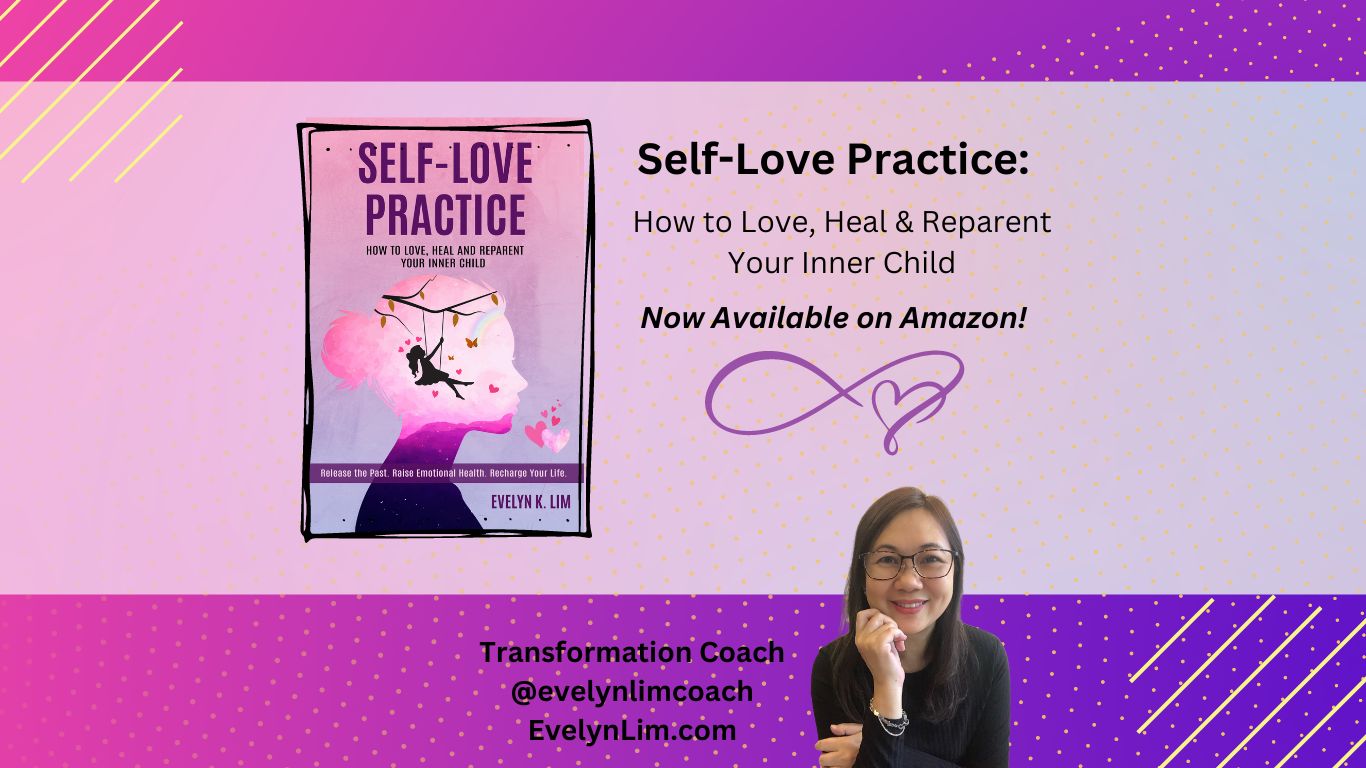
I’m happy to announce that my new ebook, Self-Love Practice, is finally “live” on Amazon…yayyyy!!
As I figure, it is time for an update with new insights and client stories. Although it has been at least 9 years ago since I published my first book on self-love, I’ve been suspecting that there is still a lot of people out there with no or little clue on what it means to love themselves. Much of my suspicion arose from my sessions with clients. They could have presented a problem in say, performance anxiety, relationship conflicts or having imposter syndrome. Regardless of the presenting problem, we would be led to the same place: the need to be and feel loved.
What really got to me is how timeless the message of self-love is. Thus, the idea of a new book was born about a year ago. Titled Self-Love Practice, the book is a reaffirmation and a deepening of what it means to love ourselves. It’s now available on Amazon.
How to Practice Loving Self-Acceptance

Practising loving self-acceptance is not something that may come naturally. In fact, it could be a key life lesson that some of us. You may find yourself attracting various experiences that involve this important aspect of what it means to embrace yourself totally.
Many of us long to be accepted for who we are. And so, we go about seeking validation and approval from others. However, the crux is that if we cannot accept ourselves, we cannot expect others to accept us too. Without any self-acceptance, we live in constant fear of being rejected.
“A man cannot be comfortable without his own approval.” – Mark Twain
I find it great to learn from movies too. One of the movies that I watched with my children was Wreck-it Ralph show. Initially, I had found the plot rather slow moving. And so I was not paying full attention to it. But as the movie wore on, I discovered that there were valuable lessons on self-acceptance.
Continue reading
